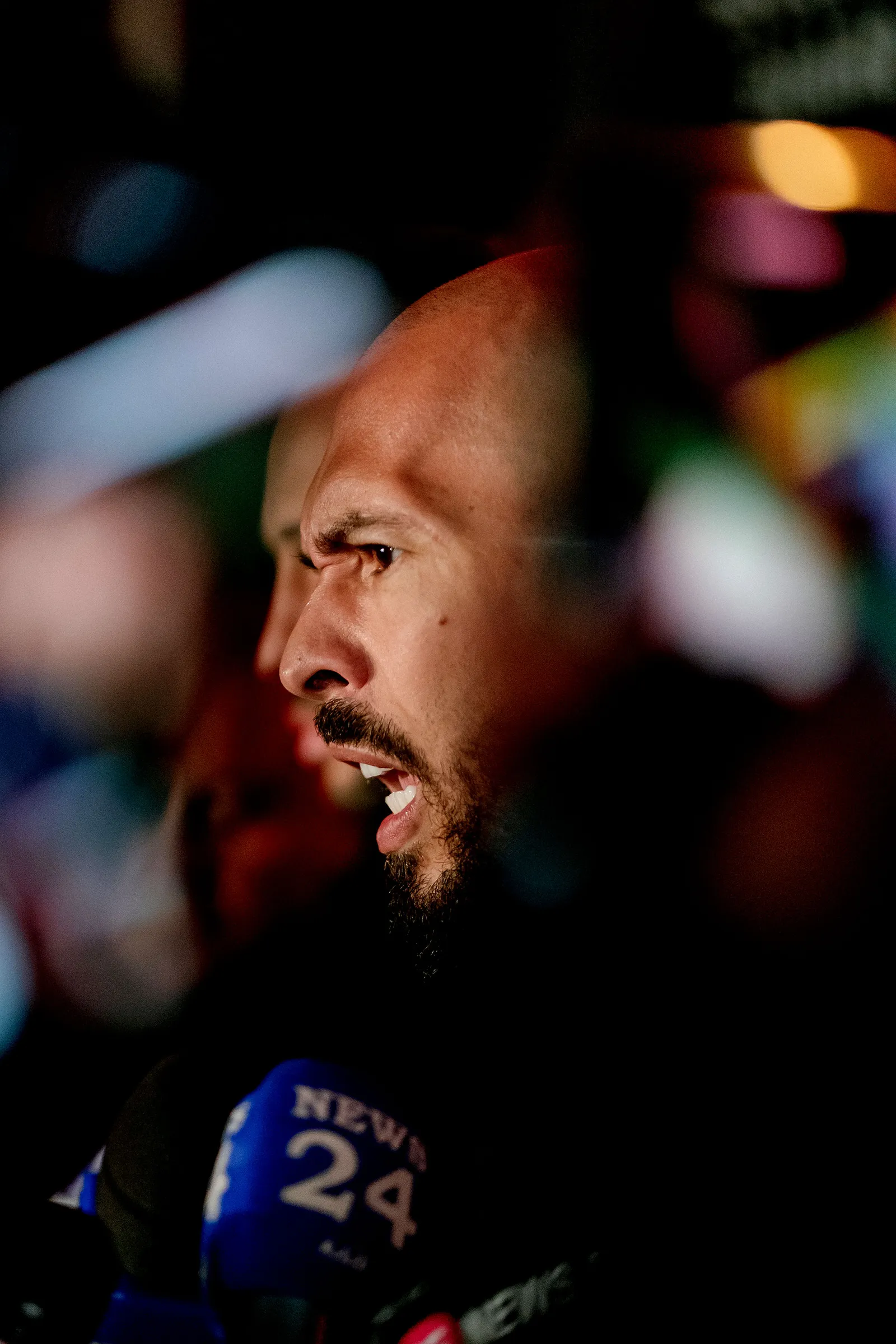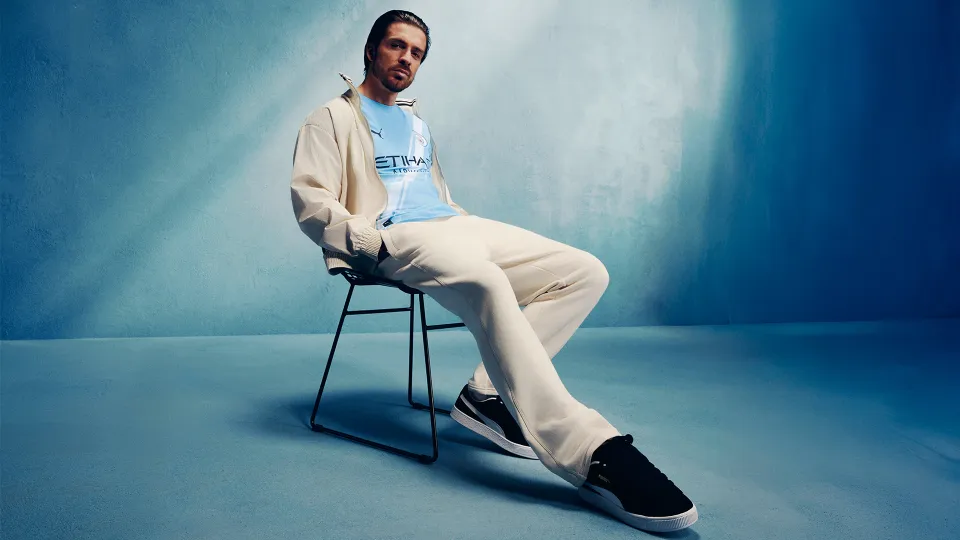A New Chapter in an Ongoing Controversy
Andrew Tate, the controversial internet personality known for his provocative statements and polarizing influence, is back in the public eye—this time under an intense new spotlight. Though Tate’s online presence and loyal fanbase never truly disappeared, his physical return to the United States and subsequent media appearances mark a striking re-entry into American cultural and political discourse.
But this reemergence has coincided with grave new allegations that threaten to deepen his already notorious reputation.
Brianna Stern’s Lawsuit: A Harrowing Account
The Allegations in Detail
On Thursday, model and influencer Brianna Stern filed a lawsuit in California Superior Court alleging physical and sexual abuse by Andrew Tate during a 10-month relationship. According to Stern, the abuse took place at various locations, including a chilling incident at the Beverly Hills Hotel where she claims Tate beat and choked her to the brink of unconsciousness. She has reportedly been diagnosed with post-concussion syndrome as a result.
The complaint paints a picture not only of physical violence but of deeply controlling behavior. Stern alleges that Tate asked her to tattoo the phrase “Property of Tate” on her body—a demand reportedly made to previous girlfriends as well. She also cited a disturbing message in which Tate allegedly texted her, “What’s the point in having you if I don’t beat you and impregnate you?”
Legal and Criminal Ramifications
Stern said she reported the incident to the police, and a criminal investigation is reportedly underway. The Beverly Hills Police Department has yet to confirm or comment on the matter.
Tate, through his legal team, has denied the allegations. His lawyer issued a public statement suggesting that Stern’s lawsuit is motivated by “personal gain, notoriety, and financial benefit,” urging the media and public to withhold judgment until more facts are known.
Representation and Media Strategy
Stern is represented by Tony Buzbee, a high-profile Texas attorney who recently made headlines representing multiple civil accusers of music mogul Sean “Diddy” Combs. Meanwhile, Tate’s legal defense is led by Joseph McBride, known for his work defending participants in the January 6 Capitol riot. McBride has been vocal on social media, referring to Buzbee derisively as “CAPTAIN SAVE A HOE” and posting screenshots of past legal claims involving Buzbee.
A Familiar Pattern: Allegations Abroad
Ongoing Romanian Case
Tate and his brother Tristan have been entangled in a separate legal saga in Romania, where they were placed under house arrest for much of the past two years. They face charges of rape, human trafficking, and forming an organized criminal group designed to sexually exploit women. Though the Romanian legal system has not yet delivered a final verdict, the severity of the accusations, coupled with the number of alleged victims, continues to draw international scrutiny.
Tate’s Public Denials
Both brothers have denied all allegations brought against them, frequently framing themselves as victims of a larger conspiracy to silence their ideas. They’ve continued to leverage their massive online platforms to cast doubt on mainstream narratives and amplify claims of political persecution.
Political Power Plays and the Trump Connection
Return to the United States
In February, Tate and his brother returned to the United States. Their travel ban was suddenly lifted by Romanian authorities, and there’s speculation that the newly re-elected Trump administration may have had some influence in that decision. When asked, Trump denied knowledge of any involvement, but Tate quickly capitalized on the moment.
Upon arriving in Florida, Tate claimed to have spoken with Trump’s teenage son, Barron, after the attempted assassination of the former president. Though the nature of their conversation remains unclear, the mention of it signaled Tate’s eagerness to associate with power and controversy.
Embrace from the Cultural Right
Tate’s reentry hasn’t gone unnoticed in conservative spaces. While some, like Florida Governor Ron DeSantis, have expressed their disapproval—saying the Tate brothers are not welcome in the state—others have welcomed them with open arms.
UFC CEO Dana White, for example, warmly greeted Andrew and Tristan at a recent fight, publicly stating, “Welcome to the States, boys.” The brothers have also made appearances on popular podcasts, including shows hosted by the Nelk Boys and entrepreneur Patrick Bet-David. These platforms, notably aligned with pro-Trump messaging, have helped Tate reinsert himself into American discourse.
Conservative Infighting Over the Tates
A Divisive Presence
Not all conservatives are comfortable with the Tates’ resurgence. Barstool Sports founder Dave Portnoy questioned their presence in Florida, writing on X, “What’s the point of booting out illegals and criminals while somehow becoming a safe haven for the Tate brothers?”
This internal division reveals a broader rift within conservative politics—between those who see Tate as a free-speech martyr and others who view him as an existential liability to the movement’s credibility.
The Manosphere’s Embrace
Despite the controversies, Tate remains a central figure in the so-called manosphere—a loose coalition of male influencers and thinkers advocating for hypermasculine ideals. His return has galvanized his following, who see him as a totem of resilience and resistance against what they perceive as the feminization of modern culture.
The Media’s Role in Shaping the Narrative
Legal Battles as Entertainment
Tate’s lawyer, Joseph McBride, has acknowledged the increasingly performative aspect of modern legal work. “The lines between law and media are blurring more than ever,” reads his firm’s website. In this vein, both legal teams appear acutely aware of the court of public opinion.
This performative legal strategy is evident in McBride’s online rhetoric and Buzbee’s high-profile client list. Each development in the case is quickly dissected, spun, and distributed to millions online.
Netflix’s ‘Adolescence’ and Cultural Consequences
The new Netflix series Adolescence offers a fictionalized but chilling look into the cultural ripple effect of Tate’s online ideology. The show follows a 13-year-old British boy arrested for murder after becoming immersed in an ecosystem shaped by figures like Tate. It’s a narrative that echoes real-life warnings from educators, psychologists, and law enforcement about the tangible dangers of online radicalization.
Stern herself referenced this in her social media statement following the filing of her lawsuit: “I know he and his followers will insult me and attack me,” she wrote. “I don’t care because I speak the truth.”
What Comes Next?
Legal Reckonings
With criminal and civil cases still ongoing in multiple jurisdictions, Tate’s legal future remains uncertain. Should either the Romanian authorities or California courts find him guilty, it could profoundly change the trajectory of his influence and freedom.
On the other hand, if Tate continues to evade formal legal consequences, he may only grow more emboldened—casting himself as an untouchable figure of masculine defiance.
Cultural Impact
Whether one sees Tate as a villain, a provocateur, or a victim of systemic overreach, his return marks a significant moment in the ongoing culture war. His persona straddles the line between influencer and ideologue, blending reality television tactics with authoritarian aesthetics. He has managed to embed himself not only in youth culture but also in the broader political fabric of the West.
What makes Tate’s influence especially insidious to critics is not just the content of his messages, but their viral delivery systems: YouTube clips, TikTok rants, and podcast appearances that normalize his worldview for a generation grappling with identity, purpose, and masculinity in the digital age.
Public Opinion and Accountability
The real question is whether public opinion will evolve with each new allegation. Will supporters peel away as more disturbing claims surface? Or has Tate reached a level of celebrity where no accusation—however credible—can meaningfully erode his brand?
So far, his strategy seems to work: deny, counterattack, amplify. Whether that strategy will hold up in court is a very different matter.
Final Thoughts
Andrew Tate’s full-fledged return is more than a personal comeback—it’s a cultural flashpoint. It forces difficult conversations about masculinity, fame, politics, and justice in a hyperconnected world. As legal proceedings unfold and new media projects continue to dissect his legacy, one thing remains clear: Tate is no longer just an internet celebrity. He’s a symbol of a larger, more dangerous ideological battle playing out in real time.
And we are all, whether we like it or not, part of the audience.






